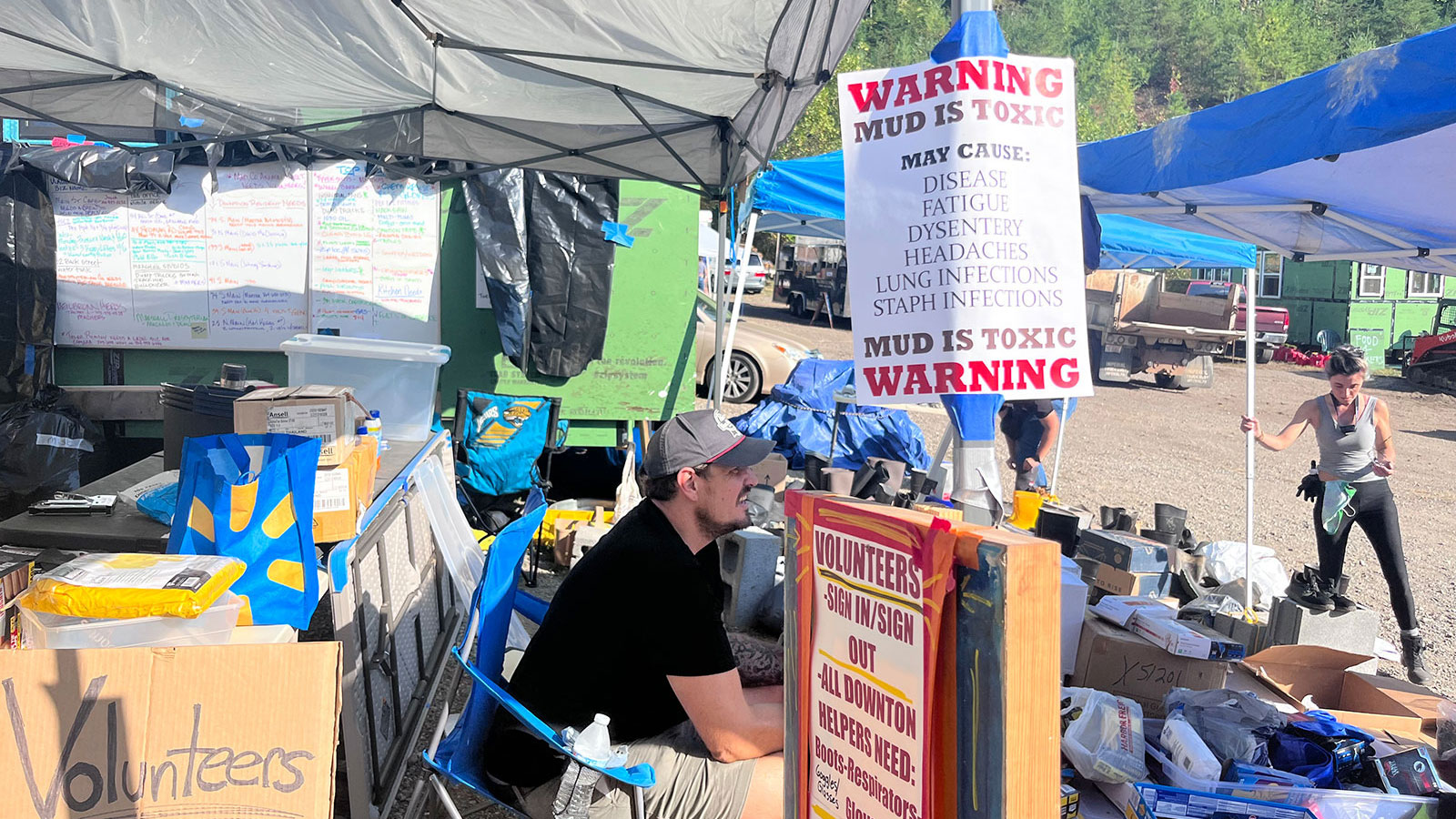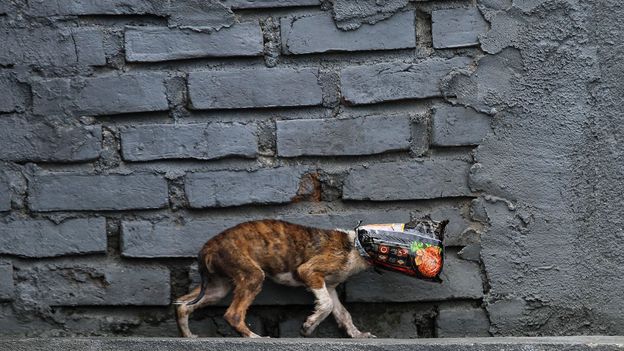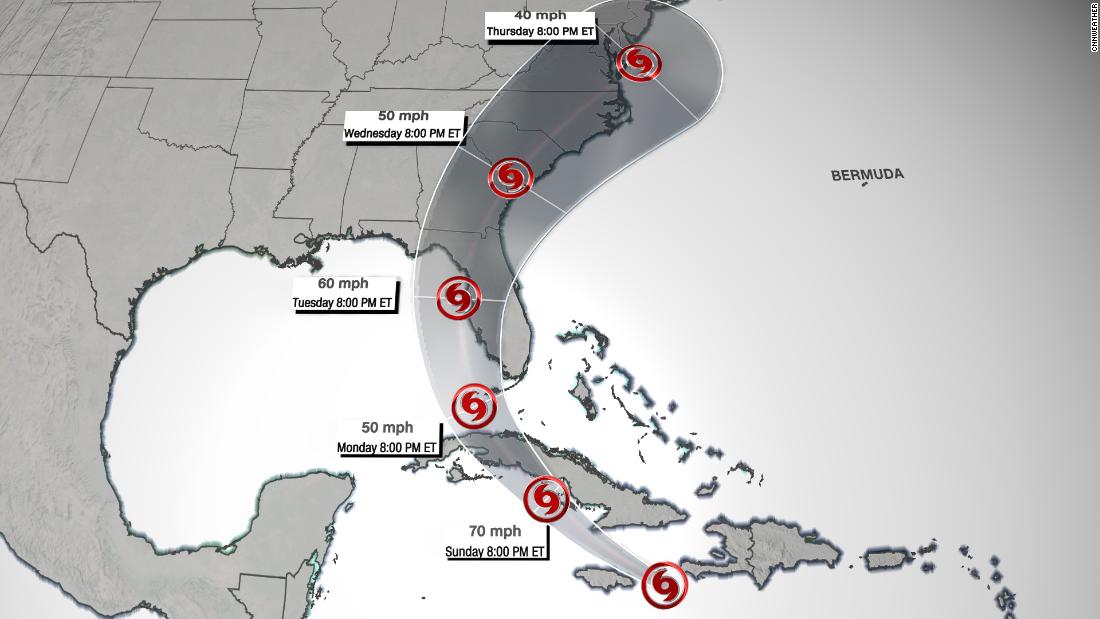
As Helene’s immediate impacts recede, a public health threat rises
Each day at 10 in the morning, more than a dozen people gather outside Gold’s Gym just south of downtown Asheville, North Carolina. After organizing themselves into groups — Spanish speakers in one, for example, and those with medical skills in another — they grab a couple of five-gallon buckets each and climb into trucks. Soon everyone rumbles off to spend the day performing an essential task: flushing toilets.
Twenty days after Hurricane Helene brought torrential rain and deadly floods to western North Carolina, over 100,000 people still lack potable water. The crisis stretches beyond the city out to nearby mountain communities of Swannanoa and Black Mountain. Federal and state officials have been sending water, but supplies are limited, and as service is restored, locals are being told to boil anything that didn’t come out of a bottle. Even as hundreds of thousands of people continue digging out from the devastation wrought by the storm, the risk of disease is mounting.
That’s how it is with a natural disaster like Helene or Hurricane Milton, which walloped Florida last week: The immediate injuries and loss of life are inevitably followed by longer-term physical and mental impacts. People throughout western North Carolina, eastern Tennessee, and beyond are beginning to grapple with these secondary consequences, which are compounded by the lack of potable water and the polluted mess the flood washed over the landscape.

















/cdn.vox-cdn.com/uploads/chorus_asset/file/25694580/eero_Outdoor_7___Sun.jpg)



